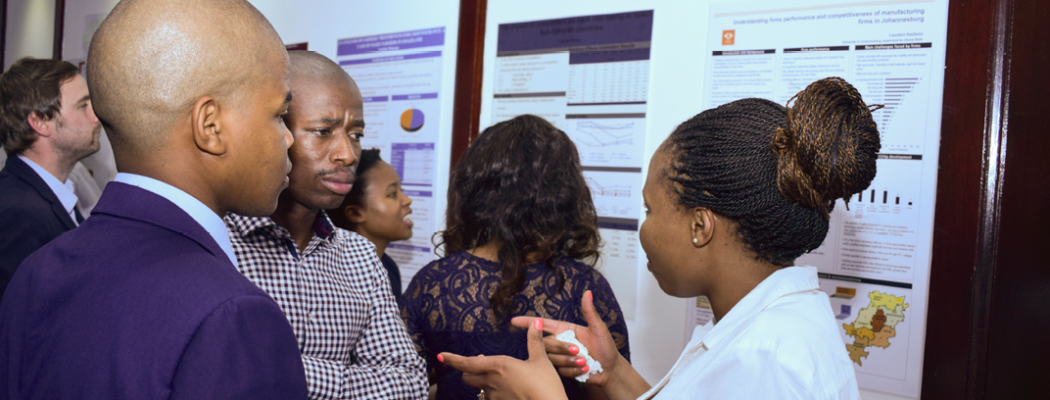Confronting inequality in South Africa – Murray Leibbrandt featured in New Frame
Murray Leibbrandt, Professor of Economics at the University of Cape Town and a Non-Resident Senior Research Fellow at UNU-WIDER, published an article in New Frame this week.
Murray argues that it is time to confront the persistent levels of income inequality facing South Africa – a country with the highest levels of income inequality worldwide.
As one of the greatest developmental challenges of the last decade, ‘Inequalities constrain life possibilities and individual agency, and so limit the economic and social potential of societies’, says Murray.
This is at the heart of understanding how and why economic growth greatly reduces poverty in some contexts but has limited benefits to impoverished people in many others.
Furthermore, Murray points out, ‘A key lesson from understanding the persistence of South Africa’s inequality is that it results from the pernicious intersections between inequalities in access to education, health, income, employment, education and living conditions which work together to enable a few while trapping many´.
He believes that these structural constraints hamper South Africa as a society and confronting them means policy prioritization and policy choices within a coherent framework.
The inequality perspective in Murray’s article outlines such a framework, anchored in the lived realities of the people that policy is intended to empower.
To read Murray Leibbrandt’s full article in New Frame, click here.





